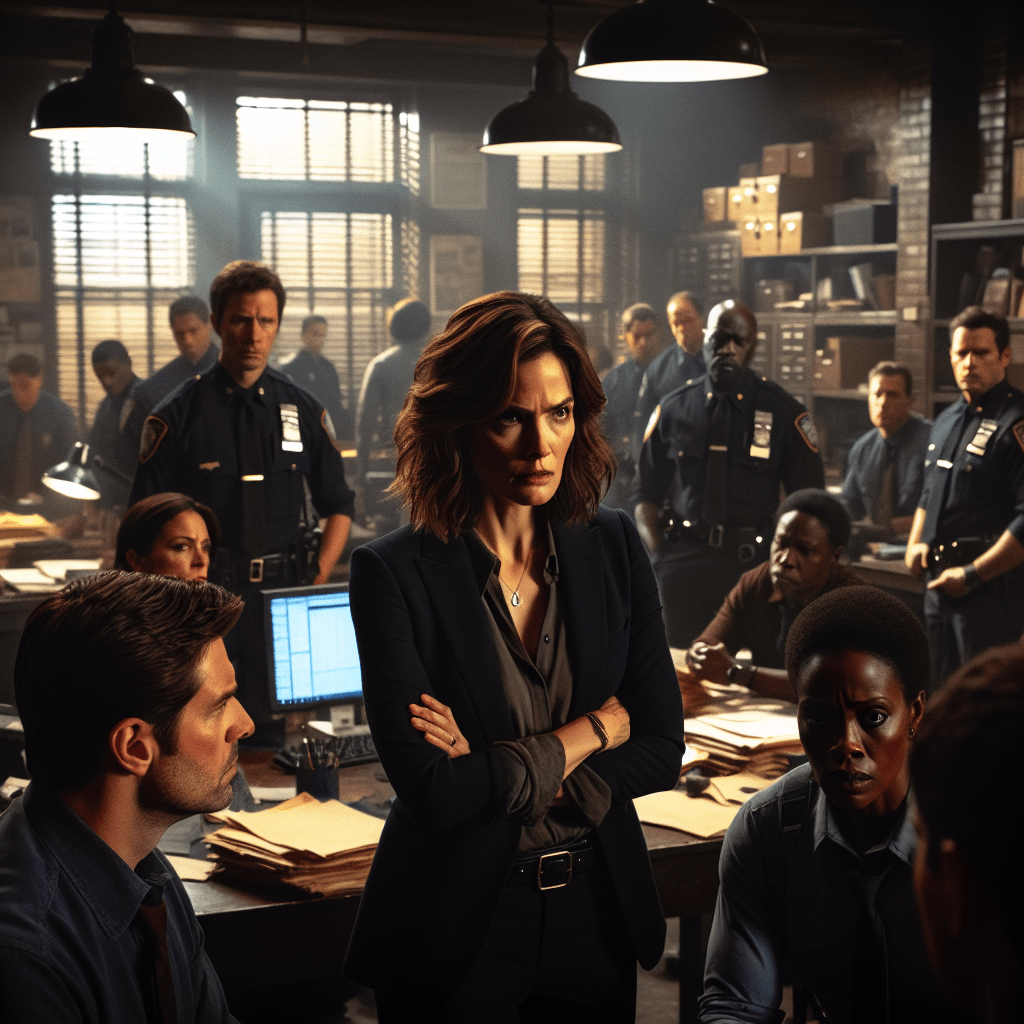The Enduring Success of Law & Order: Special Victims Unit
The television landscape is often fleeting, with shows coming and going rapidly. Nonetheless, some series manage to define their genre and hold a place in audiences’ hearts over many seasons. One critical exemplar of this durability in television is “Law & Order: Special Victims Unit” (SVU), an American crime drama TV series created by Dick Wolf that has been a staple on screens across the globe and garnered an ardent fan base. As part of the Law & Order franchise, SVU has carved out its legacy through its dramatic storytelling, focus on complex issues, and remarkable character development since its premiere in September 1999. This article delves into various aspects of the show, exploring its origins, societal impact, milestone achievements, and the elements that have contributed to its sustained popularity.
Origins and Overview of the Series
Law & Order: SVU is a show distinct in its focus compared to other entries in the Law & Order franchise. It concentrates on crimes such as sexual assault, child abuse, and domestic violence—issues that are unfortunately prevalent yet often underreported in society. The New York City-based unit tackles these sensitive cases with empathy and determination, seeking justice for victims while navigating complex legal and personal challenges.
Key Characters and Cast Dynamics
Central to SVU’s engagement is its skilled ensemble cast led by Mariska Hargitay as Captain Olivia Benson, who stood out in her career-defining role portraying a compassionate yet tough detective in charge of the unit. The show has seen various cast changes throughout its tenure. Still, the chemistry among characters such as Ice-T’s Sergeant Odafin Tutuola, former stars Christopher Meloni as Detective Elliot Stabler (who exited the show after season 12 but has since returned for the spin-off Law & Order: Organized Crime), Richard Belzer as Sergeant John Munch, and Dann Florek as Captain Donald Cragen has contributed greatly to the show’s fabric.
Themes and Social Relevance
Law & Order: SVU’s storylines often mirror real-life issues and court cases, which resonates with viewers deeply. The show does not shy away from presenting moral quandaries or societal systemic failures. Its dedication to portraying the emotional gravity of sexual crimes from both a legal perspective and a human one has been lauded, though sometimes criticized for its stark dramatizations.
Impact on Public Perception and Advocacy
Furthermore, SVU has had a unique role in shaping public perception of sex crimes and those affected. By shedding light on volatile subjects and intricacies of the criminal justice system concerning these delicate matters, it has stirred conversations about topics once considered taboo. Moreover, the empathy portrayed by characters like Olivia Benson has inspired real-world advocacy work against gender-based violence.
Milestones Achieved by Law & Order: SVU
Law & Order: SVU holds a record for being one of the longest-running primetime live-action series in television history. Its substantial legacy encompasses awards, accolades for performers—particularly Mariska Hargitay’s acknowledgment by various award-giving bodies—and specific episodes that have embedded themselves into the broader cultural psyche.
Influences on Popular Culture
With an extensive viewership, SVU’s language and scenarios have transcended the television screen into everyday parlance. Terms like “perp walk” and references to the “special victims unit” have lodged themselves within popular culture, often used as shorthand for particular aspects of law enforcement process seen on TV.

